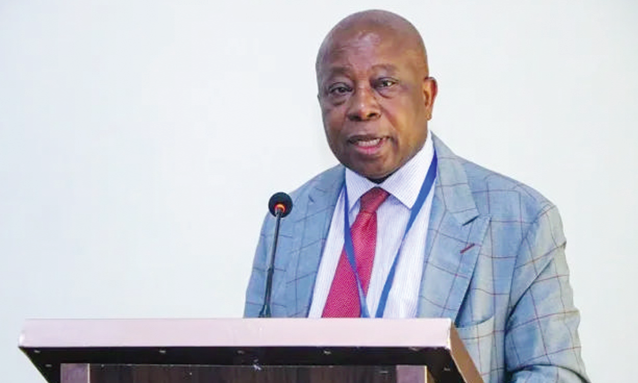
Government pays for vaccines, delivery expected in 3 weeks — Agyeman-Manu
The government has made all the necessary payments to the United Nations Children's Fund (UNICEF) for the supply of childhood immunisation vaccines that are short in the country, the Minister of Health, Kwaku Agyeman-Manu, has told Parliament.
He said the ministry placed the order for the vaccines a week ago with the UNICEF, adding that the ministry was currently working with UNICEF to fast-track the process to address the vaccine shortage.
Mr Agyeman-Manu, who was updating Parliament on the shortage of some routine childhood vaccines in the country yesterday, said “We are making all necessary efforts to ensure that we secure adequate stocks of childhood vaccines that are short in the country within the next two to three weeks, all things being equal.”
“It is expected that the vaccines will be supplied in the next two to three weeks, all things being equal,” he said.
Vaccines
The minister said there were 10 different vaccines for the country’s immunisation programmes that protected children against 13 different diseases.
He said four of those vaccines were 100 per cent funded by the government, while the remaining six were supplied by the Global Vaccine Alliance (GAVI) in a cost-sharing agreement with the government.
The shortages the country was experiencing, he said, now affected three of the four traditional vaccines fully funded by the government and supplied through UNICEF.
He mentioned the vaccines in short supply nationwide as BCG, Measles-Rubella (MR) and Oral Polio Vaccine (OPV).
“The recent shortages in some childhood vaccines regrettably coincided with the performance of the economy towards the second half of last year and this affected our normal procurement processes, which resulted in delays for vaccines we would have needed in 2023,” he said.
“Despite the delay in our procurement processes, we had stocks which carried us through 2022, resulting in our end-of-year national coverage of 95 per cent for measles, 90 per cent for OPV and 96 per cent for BCG,” Mr Agyeman-Manu added.
Outbreak
He told the House that five districts in the Northern Region had been in an outbreak situation, naming them as the Tamale Metro, Kumbungu, Savelugu, Karaga and Nanumba North.
Mr Agyeman-Manu indicated that the vaccination coverage for 2022 for the five districts was moderately high, with Savelugu having 80.5 per cent, Tamale Metro with 107.8 per cent, Karaga with 101.9 per cent, Kumbungu with 96.3 per cent and Nanumba North with 74.2 per cent coverage.
“We believe this is enough to prevent an outbreak,” he said.
He added that one major contributor to measles outbreak was the accumulation of unvaccinated persons over a period of time.
Those children, he said, constituted a cohort of vulnerable groups who become the focus of infection.
“This is why the country has been conducting mass catch-up and follow-up measles (and rubella) vaccination campaigns every three to five years, with support from GAVI, the WHO, UNICEF and other partners,” the Minister of Health said.
Correcting wrong impression
He informed the House that there had been no deaths from the recent recorded spike in measles, and that there had been no deaths since 2003, in spite of cases being recorded annually.
“Mr Speaker, mercifully, no child has died in this outbreak,” he said, highlighting how surveillance had been enhanced through daily records reviews and ward rounds in the affected areas.
Mr Agyeman-Manu pointed out that the Ministry of Health, working with the WHO and other partners, had initiated an application to the International Coordination Group (ICG) for the supply of Measles-Rubella vaccines for an outbreak response vaccination campaign.
“Mr Speaker, on this basis, we appeal to caregivers, opinion leaders, school authorities and the public to make children available for routine vaccination and vaccination campaigns, so that no child is left behind,” he said.
